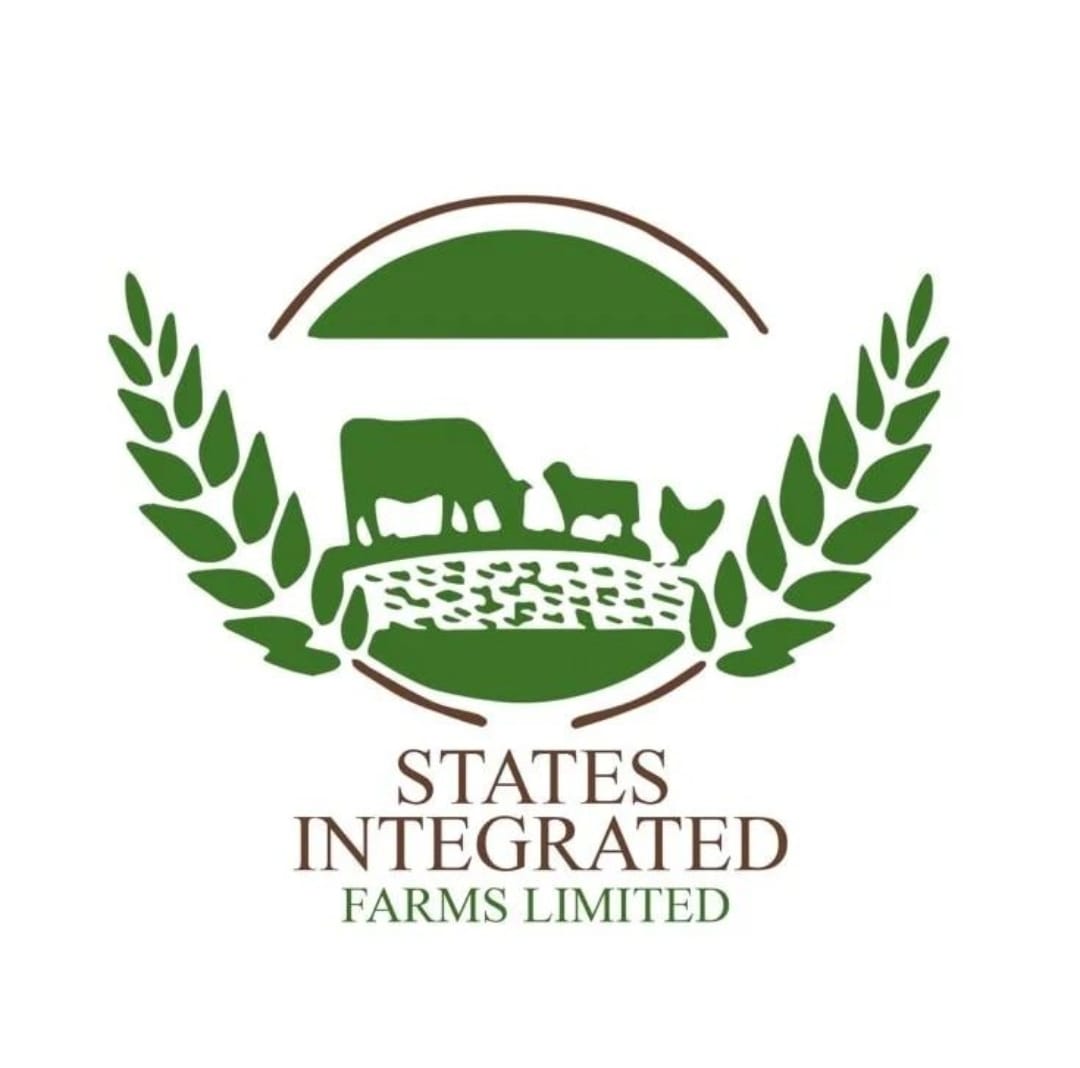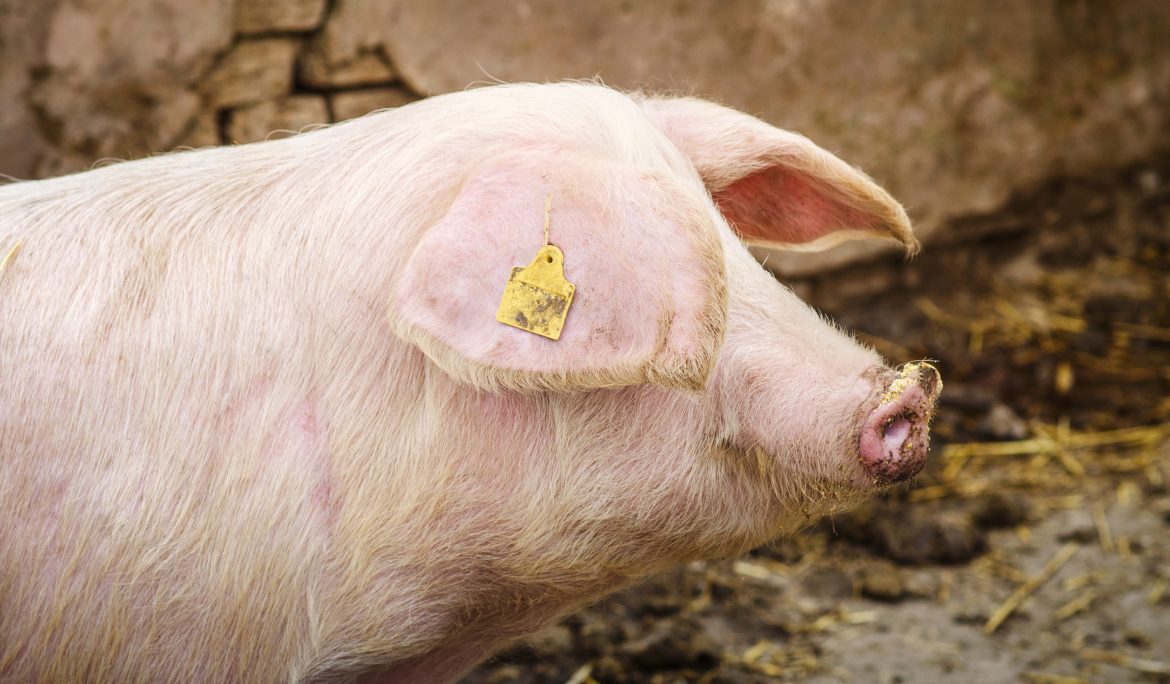Piggery, often referred to as pig farming, is a vital component of the global agriculture industry, providing a significant source of meat and other products to consumers worldwide. However, beyond its role in food production, pig farming also offers numerous opportunities for sustainable practices and ethical stewardship of animal welfare. In this blog post, we’ll take a closer look at the world of piggery, exploring its benefits, challenges, and the path towards sustainable pig farming.
Understanding Piggery: Piggery involves the raising and breeding of domestic pigs for various purposes, primarily meat production. Pigs are highly versatile animals that can thrive in a range of environments, making them well-suited for diverse farming systems. From small-scale family farms to large commercial operations, piggery is practiced in various settings across the globe, contributing to both rural livelihoods and urban economies.
The Benefits of Piggery: One of the primary benefits of piggery is its efficiency in converting feed into meat. Pigs are known for their rapid growth rate and high feed conversion efficiency, making them a cost-effective source of protein. Additionally, pigs are prolific breeders, allowing for consistent production throughout the year. As such, piggery plays a crucial role in meeting the growing demand for meat in an ever-expanding global population.
Challenges in Pig Farming: While piggery offers numerous benefits, it also presents several challenges that farmers must address. One of the most significant challenges is waste management, as pig manure can be a source of environmental pollution if not properly managed. Additionally, disease management and biosecurity are critical concerns in pig farming, given the susceptibility of pigs to various pathogens.
Towards Sustainable Pig Farming: Despite its challenges, pig farming holds immense potential for sustainability and ethical stewardship. Sustainable pig farming practices prioritize environmental responsibility, animal welfare, and social equity. This includes implementing efficient waste management systems, adopting alternative feed sources, and providing adequate housing and care for pigs.
Key Principles of Sustainable Pig Farming:
- Environmental Stewardship: Implementing practices to minimize environmental impact, such as composting manure, reducing water usage, and optimizing energy efficiency.
- Animal Welfare: Providing pigs with proper housing, nutrition, and healthcare to ensure their physical and psychological well-being.
- Community Engagement: Engaging with local communities to foster positive relationships, support rural development, and address concerns related to pig farming.
- Innovation and Technology: Harnessing innovation and technology to improve efficiency, productivity, and sustainability in pig farming operations.

